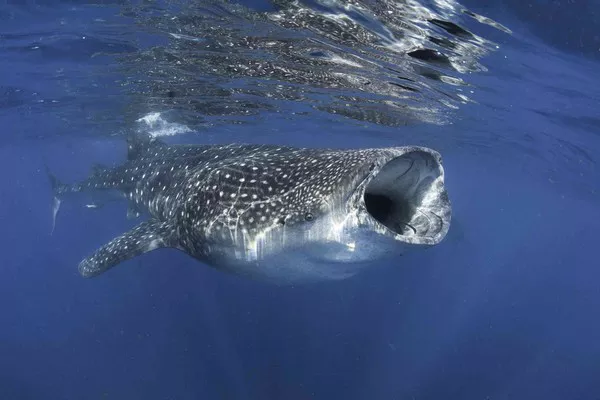In a significant development, China is projected to have outpaced Japan to become the world’s leading auto exporter in 2023, as per the China Passenger Car Association (CPCA). This shift is attributed to notable overseas advancements by domestic automakers such as BYD and Chery.
The China Passenger Car Association revealed on Tuesday that China, already the world’s largest auto market, secured the position of the leading auto exporter for the first time in 2023. The CPCA, during a press conference, announced a remarkable 62% surge in car exports, reaching a record-breaking 3.83 million vehicles. Japanese customs data, excluding second-hand vehicles, indicated passenger car exports at 3.5 million for the initial 11 months of the year.
Estimations by the association suggest that China’s total auto exports for the entire year reached 5.26 million units, valued at approximately $102 billion. In comparison, Japan’s full-year exports were predicted to be around 4.3 million units. This data underscores China’s growing influence as a global auto export powerhouse, primarily driven by the success of its nimble electric vehicle (EV) manufacturers. BYD’s surpassing of Tesla as the world’s top EV seller in the fourth quarter contributed significantly to this trend, although this achievement is primarily based on sales within China.
The increasing overseas clout of Chinese automakers has raised concerns among several governments, fearing potential impacts on their domestic automotive industries. Notably, in September, the European Commission initiated an investigation into Chinese-made electric vehicles, alleging potential subsidies. This move was criticized by Beijing as “protectionist.” Furthermore, the Biden administration in the United States is reportedly contemplating tariff hikes on certain Chinese goods, including EVs.
Tesla, which exported 344,078 China-made electric vehicles, also played a pivotal role in the surge of exports.
On the domestic front, China’s auto market, the world’s largest, exhibited continued growth in 2023. Vehicle sales increased by 5.3%, reaching 21.93 million, marking the third consecutive year of growth amid a competitive price war. The robust performance of the market was sustained despite concerns arising from an uncertain economic recovery.
Sales of pure battery-powered vehicles in China experienced a noteworthy 20.8% climb last year, following a substantial 74.2% increase in 2022. Additionally, sales of plug-in hybrids, considered more economically affordable than pure electrics, surged by 82.5% in 2023, building on a 160.5% increase the previous year.
Analysts project a further rise in the market share of domestic brands in China’s total sales, expecting it to increase to 63% in 2024 from the 56% recorded last year. This projection is fueled by strengthening brand recognition in the EV segment and the rapid electrification of the industry.
BYD, with a substantial 7.98% ownership by Warren Buffett’s Berkshire Hathaway, expanded aggressively in Southeast Asia and Europe, primarily concentrating on the Chinese market. In contrast, Tesla demonstrated efficiency in China, achieving higher car sales per store compared to BYD.
In terms of global automotive competition, popular Chinese smartphone maker Xiaomi recently entered the market, unveiling its first electric vehicle last month. The company expressed ambitions to secure a position among the world’s top five automakers. The evolving landscape indicates intensified competition in the global automotive sector, with Chinese companies making significant strides on both domestic and international fronts.

























